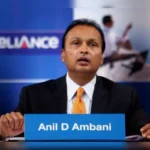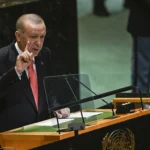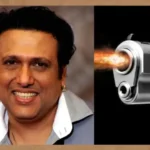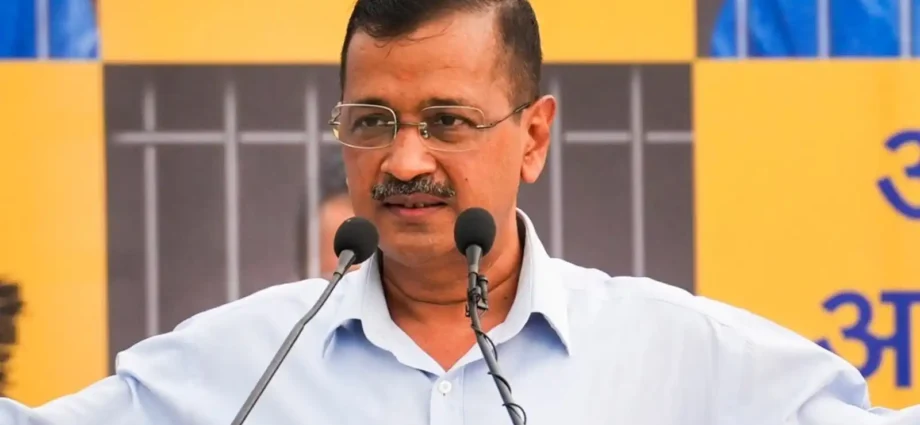Arvind Kejriwal bail In an additional chargesheet submitted with the case, the CBI defended Arvind Kejriwal’s detention and referred to him as the “sutradhaar” of the liquor policy case. The court postponed making a decision in the case after the hearing.
Arvind Kejriwal, the chief minister of Delhi, was arrested on Monday, and the Central Bureau of Investigation (CBI) justified it by referring to him as the “sutradhaar” of the liquor policy case. So he got the Arvind Kejriwal bail .
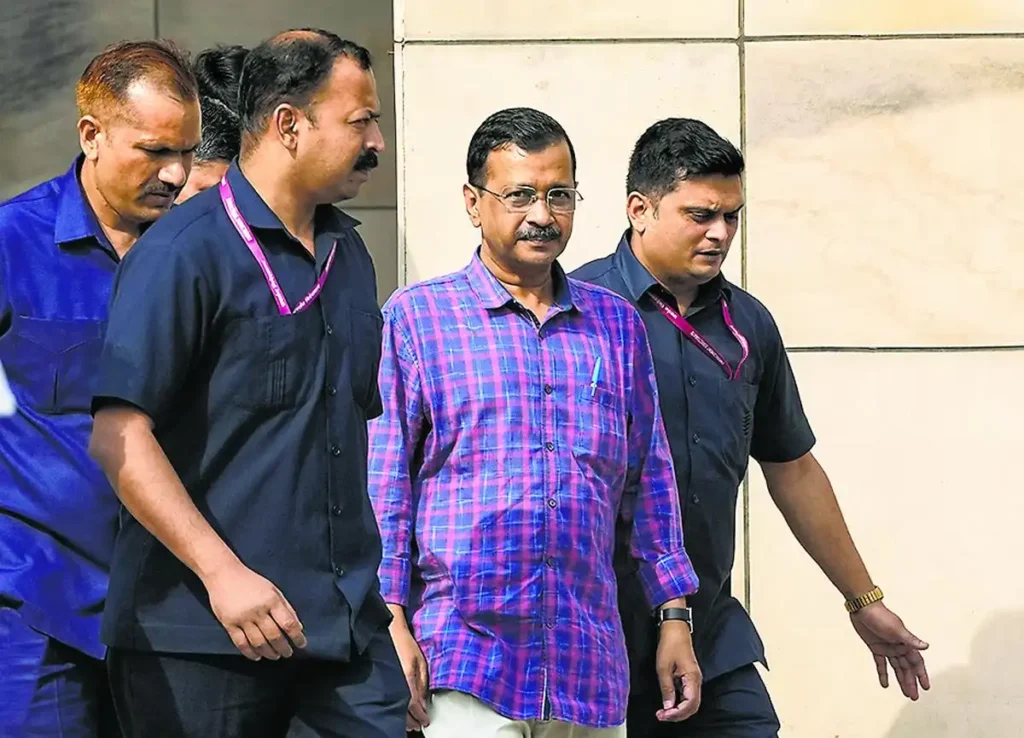
Calling Arvind Kejriwal the scam’s mastermind, the CBI said the Delhi High Court that without his detention, the inquiry could not have been finished.
The Enforcement Directorate detained Arvind Kejriwal, the national convener of the Aam Aadmi Party, on March 21 of this year in connection with a money laundering investigation involving the purported liquor policy fraud. Although the CBI had arrested him in connection with a related case, the Supreme Court granted him temporary bail, thus he is still in custody.
Advocate DP Singh, the CBI’s attorney, contended in court that Kejriwal is not entitled to release simply because the chargesheet was filed.
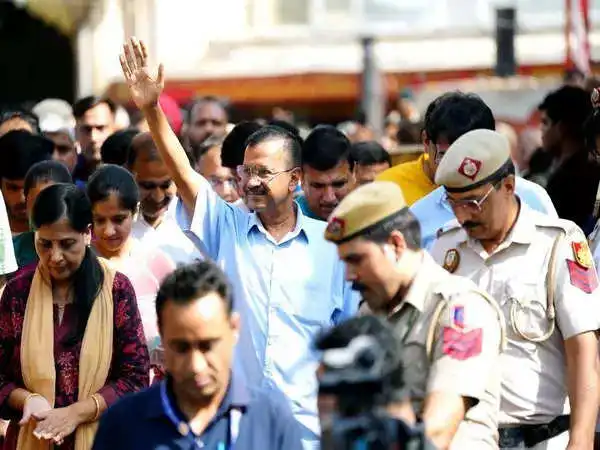
He drew attention to the fact that AAP leader Manish Sisodia and Bharat Rashtra Samithi leader K Kavitha also had chargesheets filed against them, but the courts had granted them bail. In this case, Sisodia and Kavitha are co-accused.
In an attempt to disprove Kejriwal’s role in the purported scam, the CBI cited his hasty distribution of the policy and his signature as cabinet leader. Moreover, it is asserted that all of this occurred during the second lockdown the nation experienced as a result of the Covid-19 epidemic, and that members of the purported “South Group” flew planes to the capital to have meetings.
Even if the chargesheet is submitted, the CBI claimed that they have sufficient direct evidence against Kejriwal and that bail should not be granted due to the seriousness of the offense.
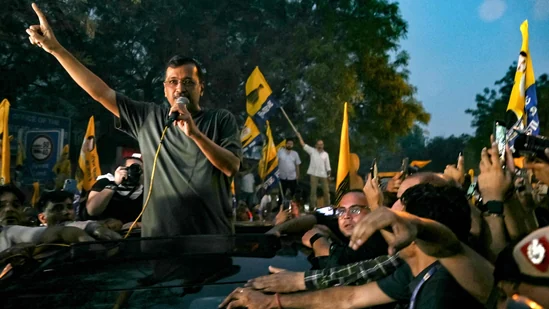
Senior Advocate Abhishek Manu Singhvi, on behalf of Kejriwal, told the court that the AAP supremo’s arrest by the CBI was only an “insurance arrest” because he was granted bail in the money laundering case related to Delhi excise.
In an attempt to disprove Kejriwal’s alleged involvement in the scam, Singhvi cited the Supreme Court’s ruling in Satender Antil’s case to support his claim that the accused is entitled to bail when arrest provisions are broken.
According to Singhvi, the CBI’s entire case is predicated solely on hearsay testimony, and there is no evidence recovered from Kejriwal or against him.
The Lieutenant Governor and some fifty other bureaucrats were involved in nine expert committees that examined the policy over the course of a year, he continued, in order to approve it.
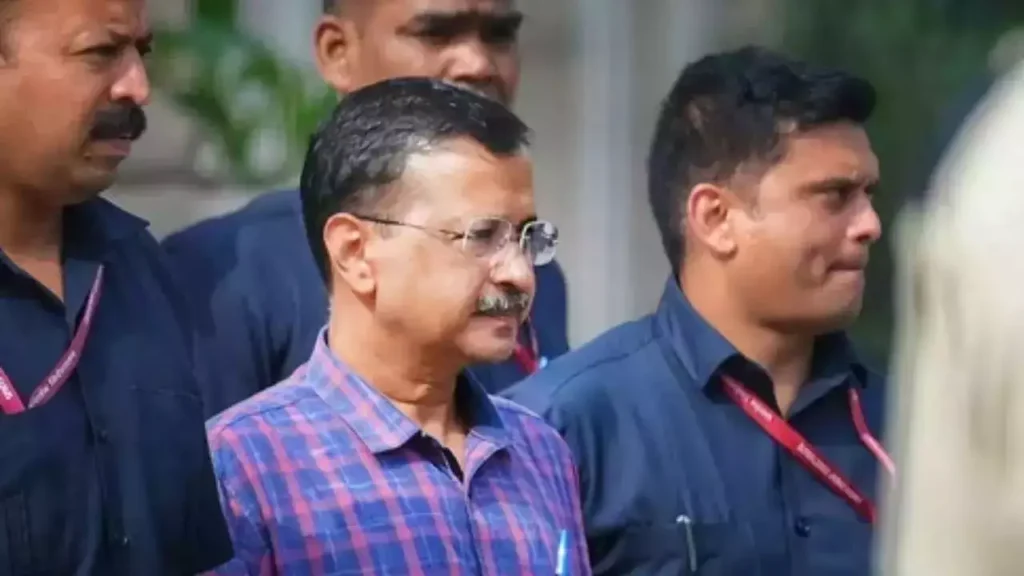
In this case, even the L-G had signed before the Chief Minister. Only Kejriwal and the LG signed it, that’s all that happened,” Singhvi stated.
According to Singhvi, the CBI is attempting to apprehend Kejriwal based on hearsay and assumptions, and this is not a suitable method of demonstrating criminal responsibility.
Does democracy have an even playing field here? By making assumptions and spreading rumors, such as “Who else but him could be the murderer?” they want to apprehend him. Is this how criminal culpability is handled?” Singhvi said.
In response to these claims, the CBI’s legal representative stated that Kejriwal’s attorneys’ claim that the L-G ought to have been named a co-accused was just sensationalistic because the L-G had no involvement at all.
The CBI’s legal representative further stated that Kejriwal is the target of direct oral and documentary evidence from the agency.
The court thereafter reserved its order on bail plea.
Read also : Why did Joe Biden drop out of the US presidential contest in 2024? What factors influenced this choice?

